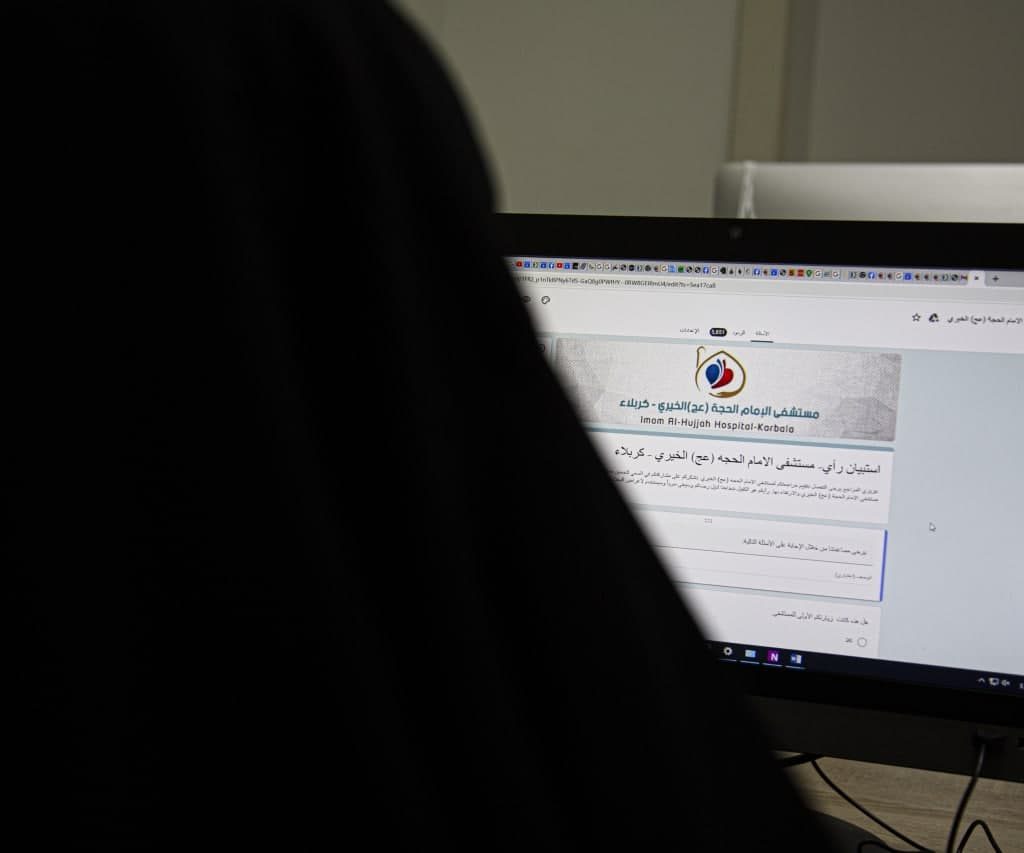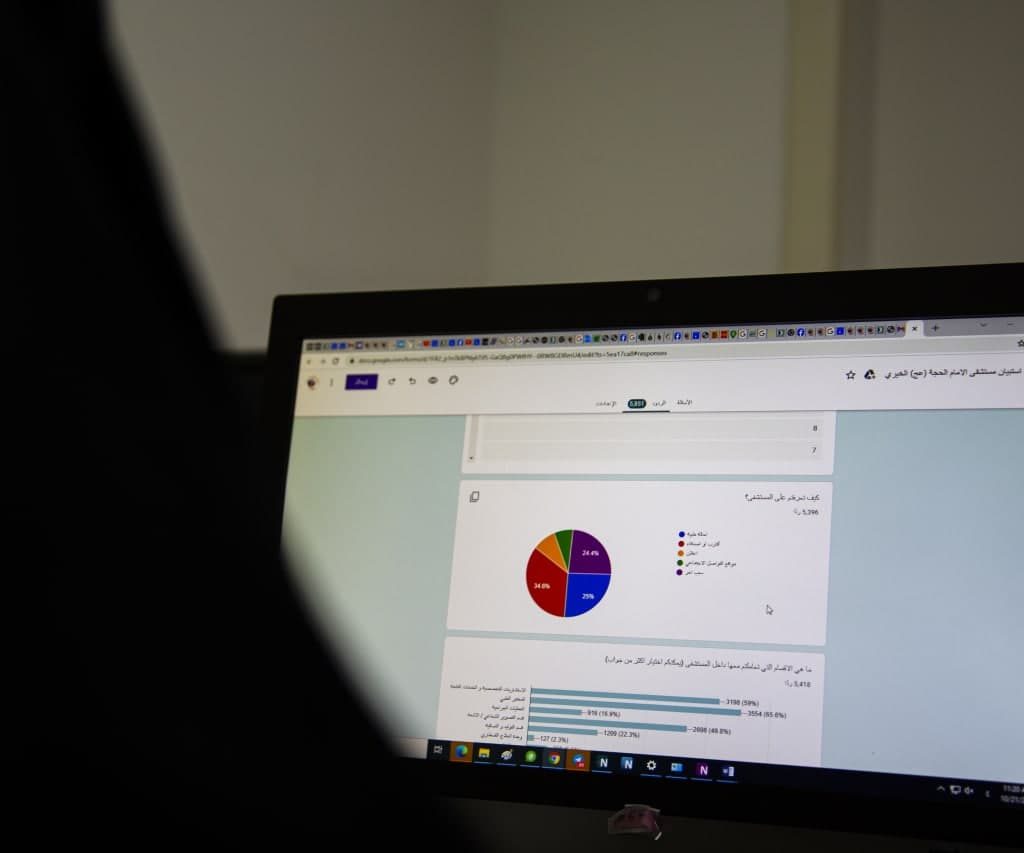At Imam Al-Hujjah Hospital
From the earliest stage, the goal of establishing the hospital project was to provide solid medical services through which the patient receives treatment according to the latest internationally approved medical standards that embody ethical values that are commensurate with human dignity and inviolability.
Therefore, the hospital strives to implement the following:
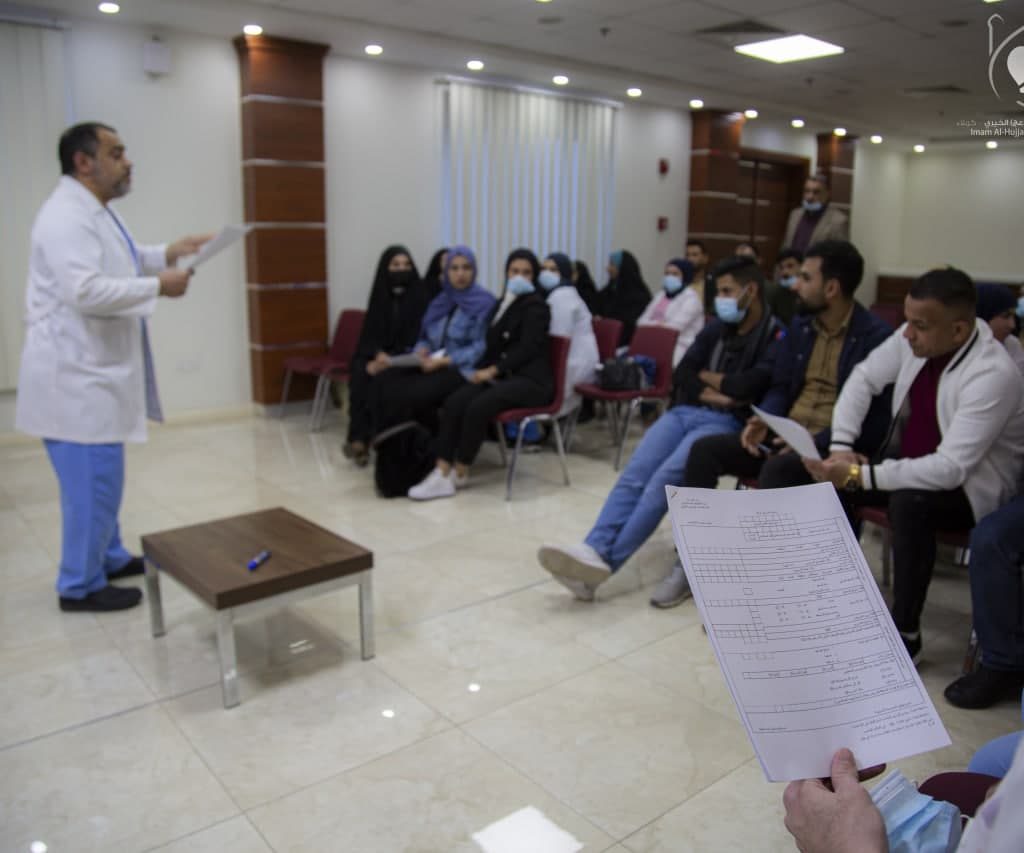
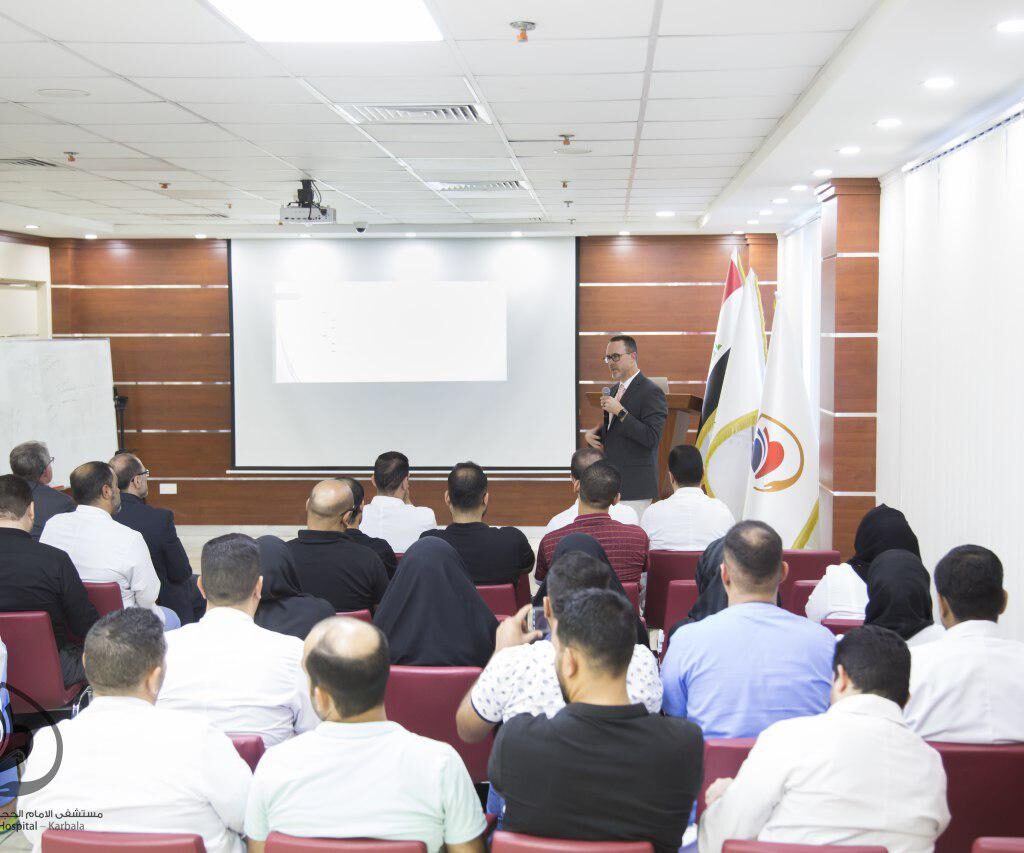
3. The training and development unit: This unit is concerned with training technical and administrative personnel as well as the Continuing Medical Education (CME) for physicians and Continuing Nursing Education (CNE) through lectures, scientific seminars, and periodic workshops that are up with the latest scientific developments and technical updates. The trainee receives points that qualify him to continue working at the hospital or receive a promotion.
4. Infection control unit: This unit aims to prevent and limit the spread of infectious diseases in the hospital among patients and staff. This is done through a set of policies, guidelines and preventive measures.
The infection control program consists of:
a) Following the guidelines set by international organizations such as the World Health Organization, and the Joint Commission International (JCI), in addition to locally approved sources.
b) Education and training on the basis of “best practices in health care”.
c) Monitoring and continuous follow-up and improvement of medical practices.
d) Creating a sterile environment, protecting the safety of employees through periodic checks, filing reports in the event of exposure to injury or contamination, and minimizing accidents.
e) Preparing periodic reports and collecting monthly samples for laboratory tests.
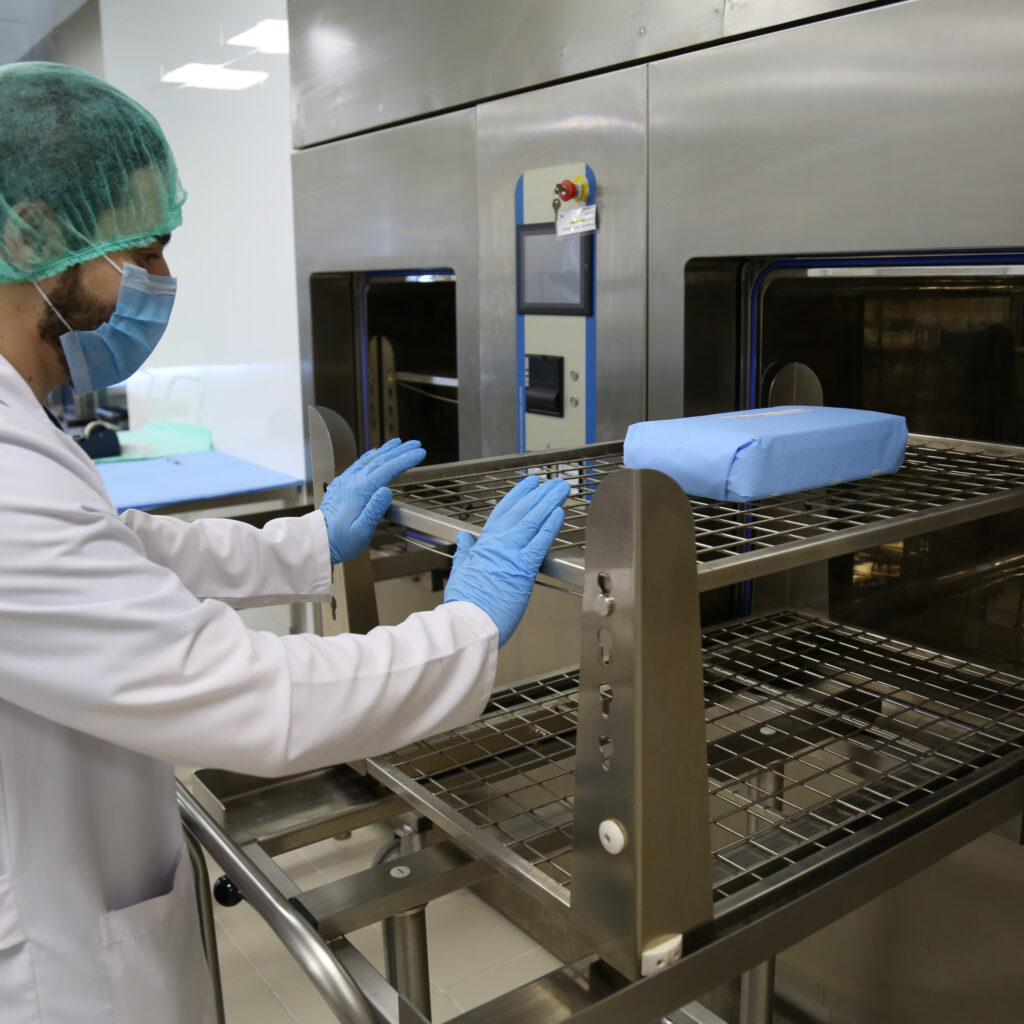
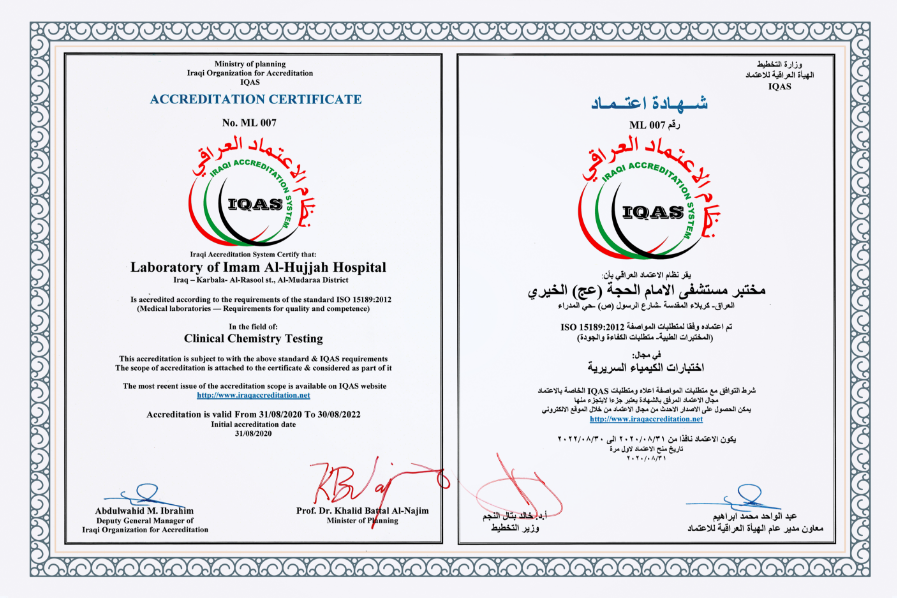
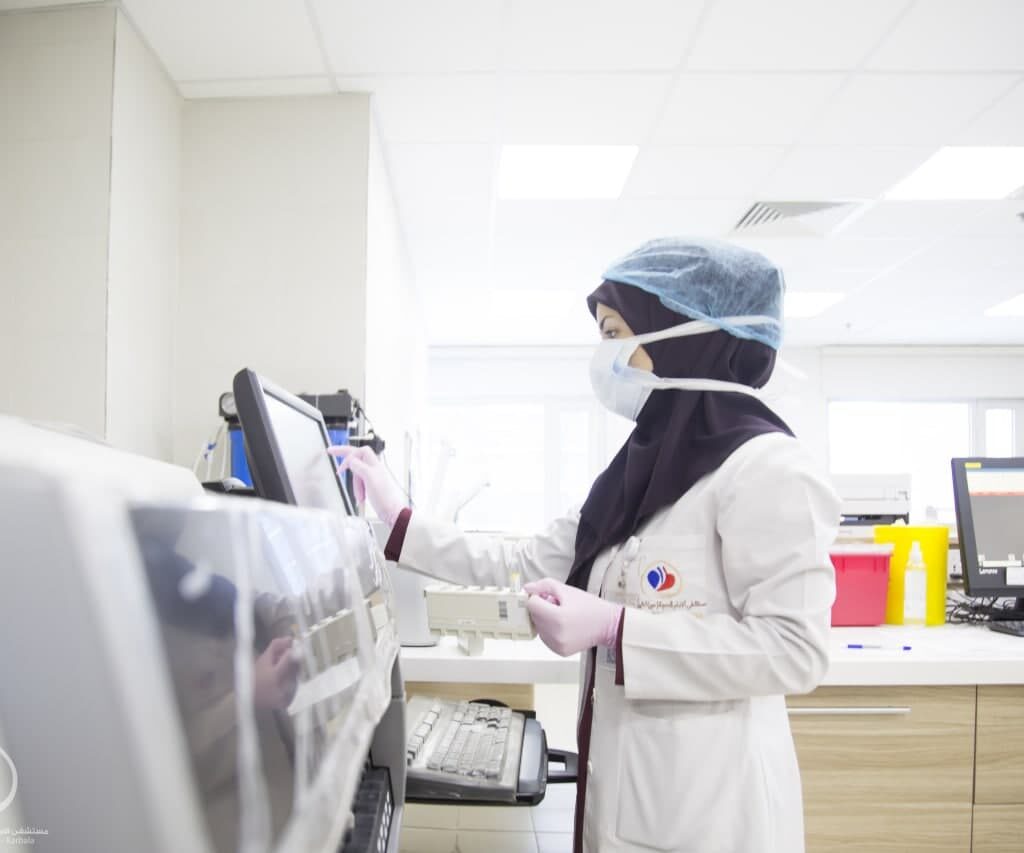
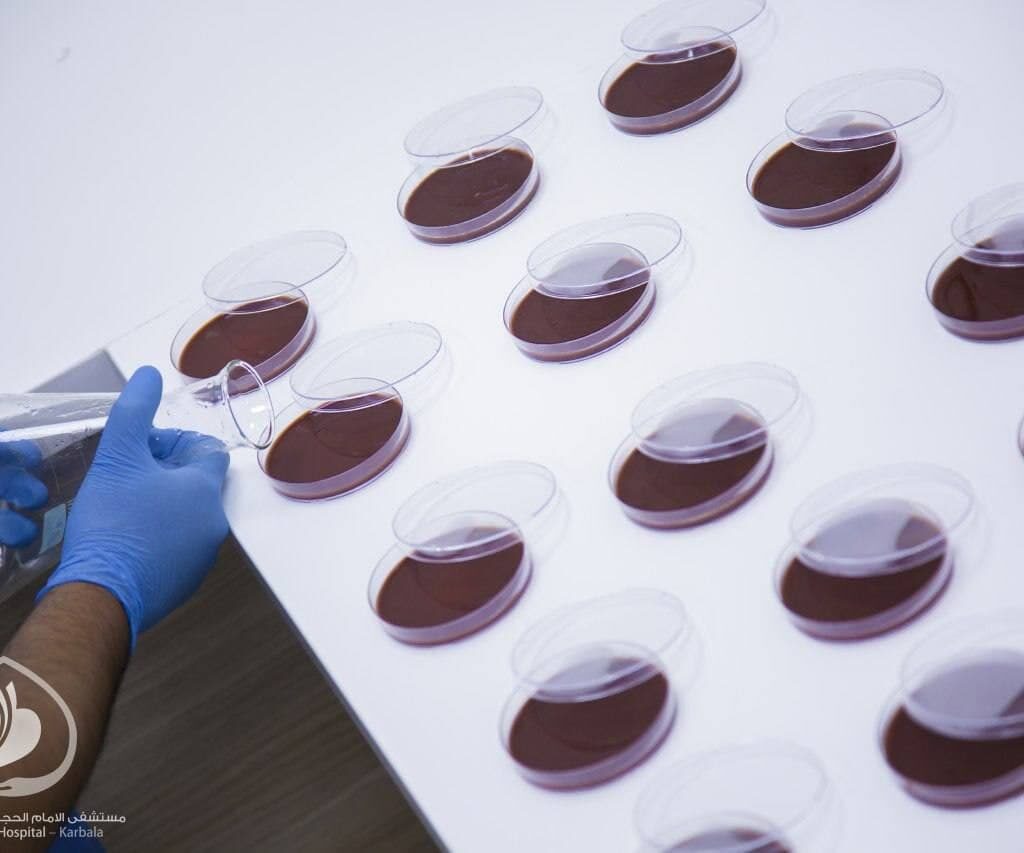
It hasn’t been long since the hospital was opened, but so far the project has achieved impressive success during its major milestones, including:
1. The clinical laboratory at IHH was certified by the Iraqi Accreditation System (IQAS) of the Ministry of Planning, according to the requirements of ISO 15189: International Standardization Organization (ISO) 2012
2. Initiating the registration process for the accreditation certificate of the Joint Commission International, the international pioneer in healthcare quality and patient safety. In 2019, the hospital received a delegation of experts whose mission was to evaluate our work system through a full tour in all departments and to confirm that the hospital is qualified for candidacy with the aforementioned institution.
3. Clean, microbe-free operating rooms: One of the most important accomplishments of our expert staff is the microbe-free surgical theater. For 35 consecutive months, samples have been collected by the Infection Control Division at the Health Department of the Holy City of Karbala.
Why is Imam Al-Hujjah Hospital adopting this new slogan?
Electronic documentation of the patient’s healthcare journey from admission to discharge is important for the reliability of our medical records and to ensure patient safety.
What are the benefits of EMD?
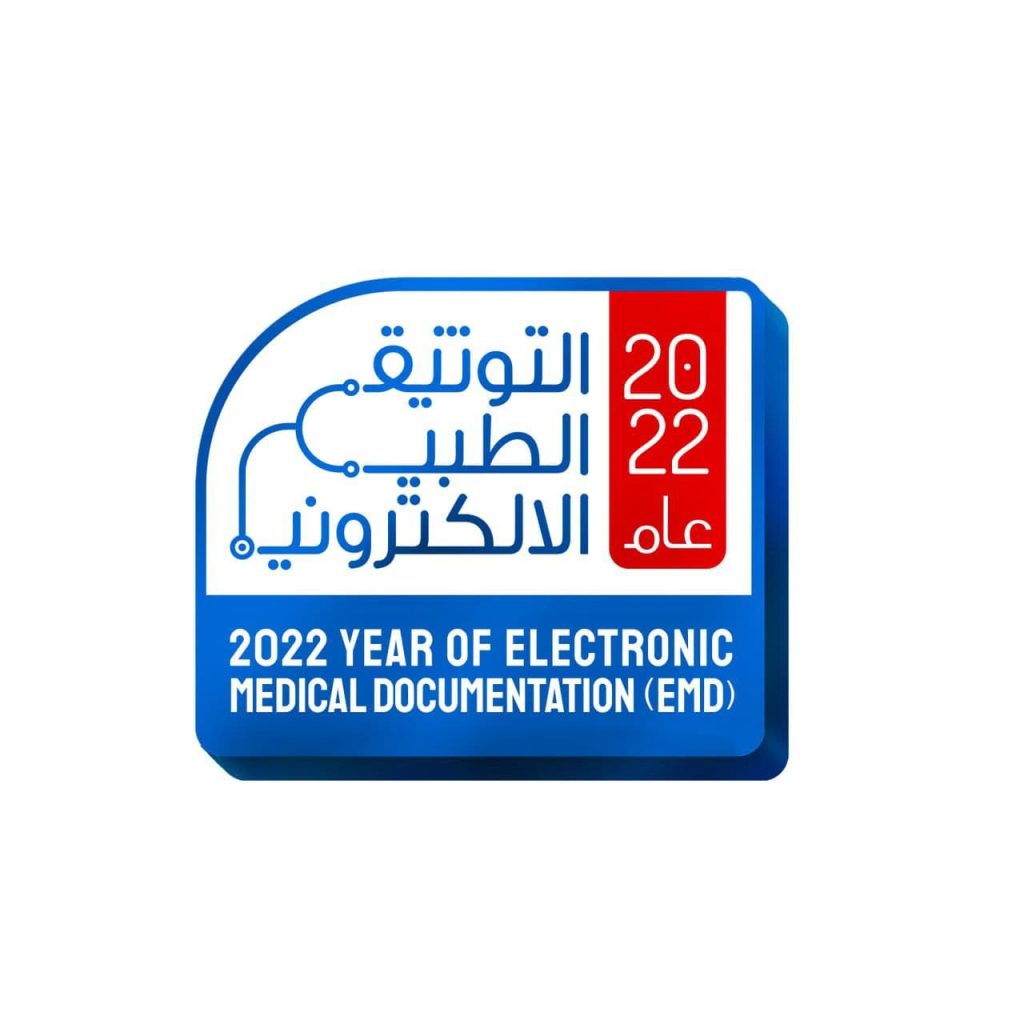
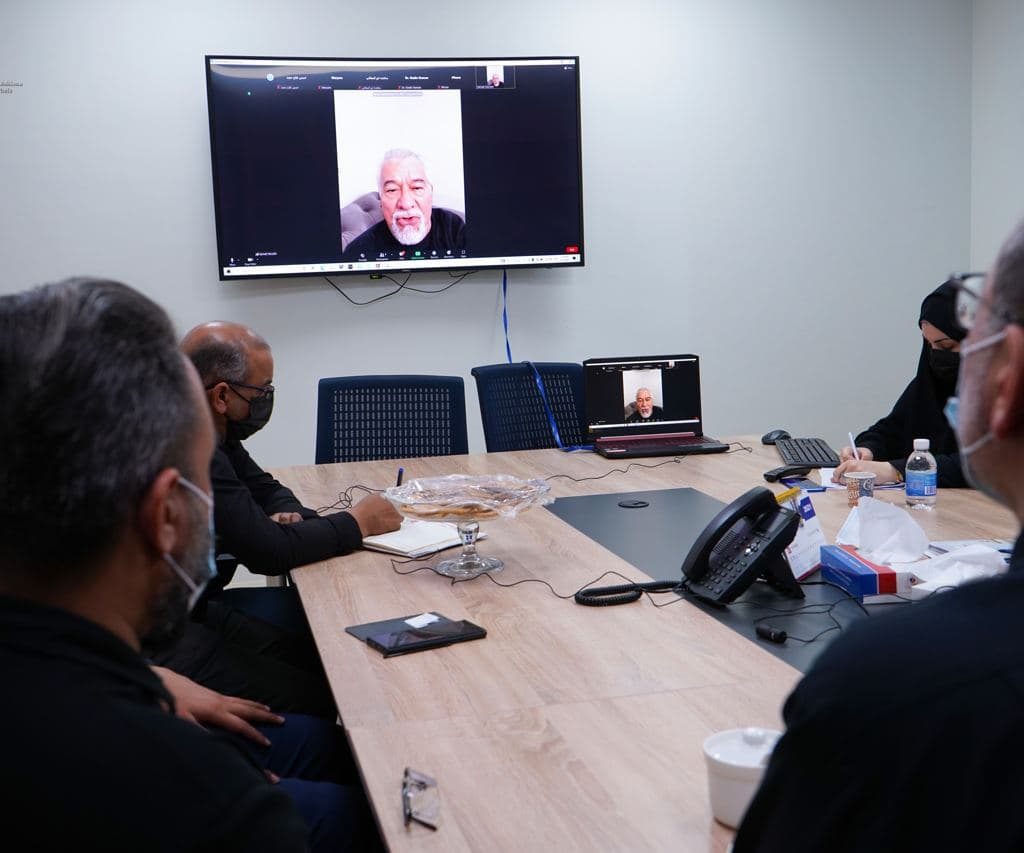
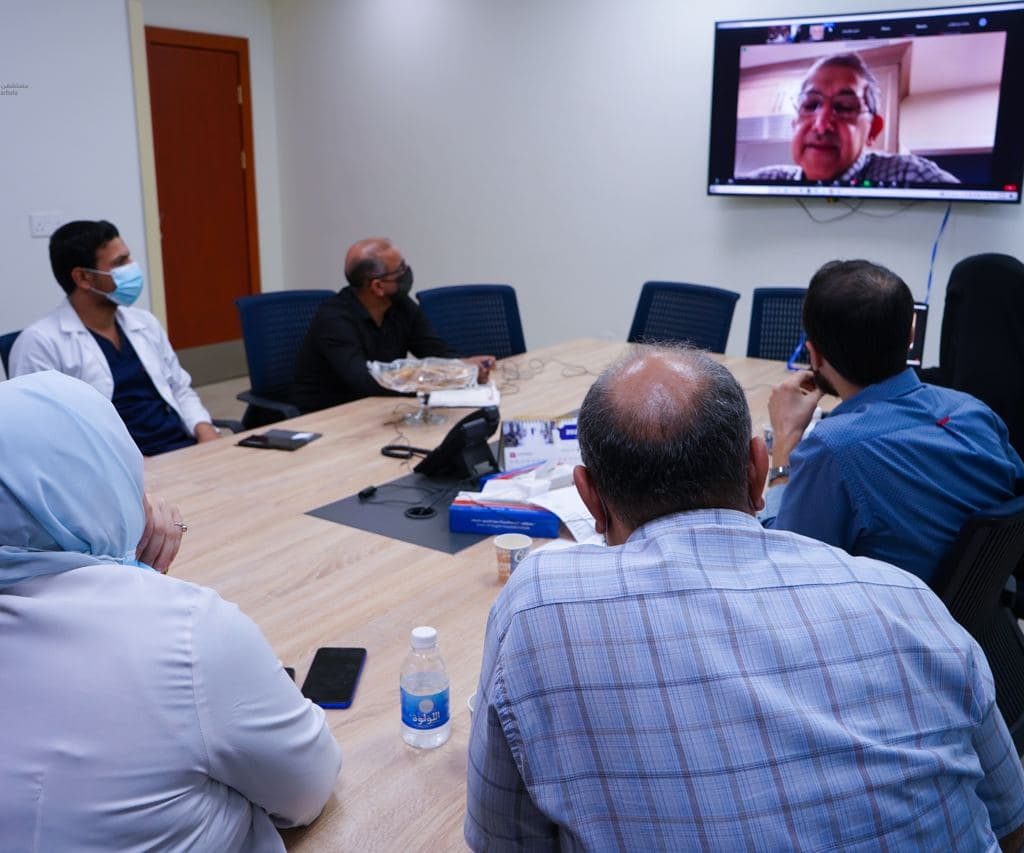
Imam Al-Hujjah Hospital ensures the improvement of the quality of inpatient care as well as patient safety through Mortality and Morbidity meetings. These meetings commenced with the opening of the surgical theater because they play a key role in quality management and acquiring professional expertise in order to minimize clinical errors and fatality rates.
In case of a patient’s death, an M&M meeting is held with the attendance of the physician-in-charge, the CMO, the CNO, and other colleagues.
During the meeting, they discuss all the possible causes of death until coming to the right conclusion.
This helps to predict and prevent similar incidents by alerting the medical, nursing, and technical staff in advance.
This is also considered the best method to learn from past experience and understand medical errors and how to avoid them in the future.
We Value your Experience at IHH
Imam Al-Hujjah Hospital encourages the participation of its visitors in the quality assurance process.
We believe that constructive criticism is one of the main pillars for the success of this charity project.
Our media coordinator regularly sends survey forms to patients via WhatsApp, in order to know their impression about the quality of our services.
All collected data are kept private and used for research and assessment purposes only.
